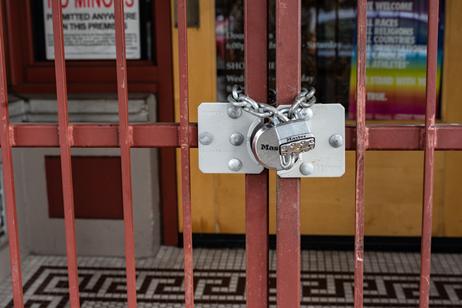Chicago Public Schools is planning to close as many as 100 of its schools, citing poor attendance, as well as poor academic performance, as the reason for the closures. However, in the midst of massive closures, the city is also advertising the opening of new schools – different types of schools that promise to meet the need of Chicago’s youth and improve academic performance in the Windy City. Does Chicago need new schools or are there more schools than students right now? The answer to that question may depend on who you ask.
Concern over Low Capacities
According to the Chicago Business Journal, Chicago Public Schools has plans to close the schools that do not have enough students to warrant keeping them open. Schools slated for closure are currently operating at enrollment limits of less than 50 percent, according to district officials. At the current rate, the district is paying more on utilities and resources than they are receiving in tax revenues, based on their current student count. District officials tell WBEZ that money saved by consolidation could be better spent on upgrading current school buildings.
However, in the midst of school closures, the district also has plans to open as many as 60 charter schools over the next five years. In fact, 11 of those new contract and charter schools would open as early as the beginning of the 2013 school year. The addition of the proposed new schools, in addition to






















